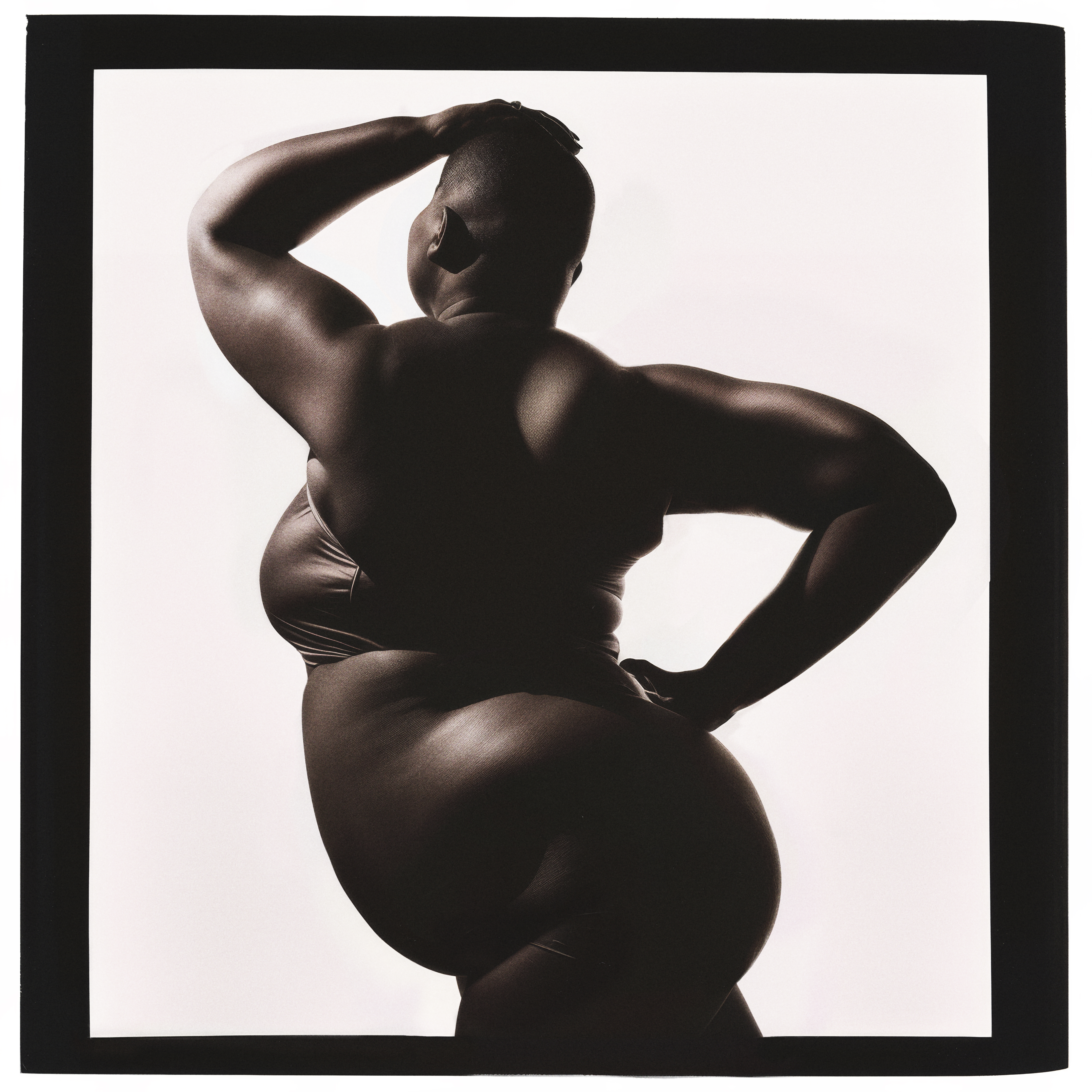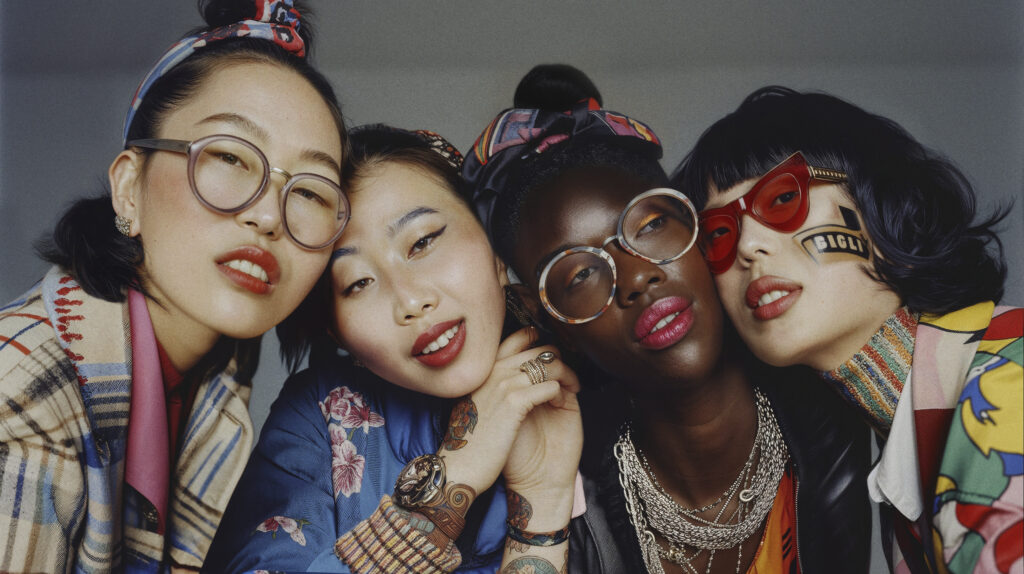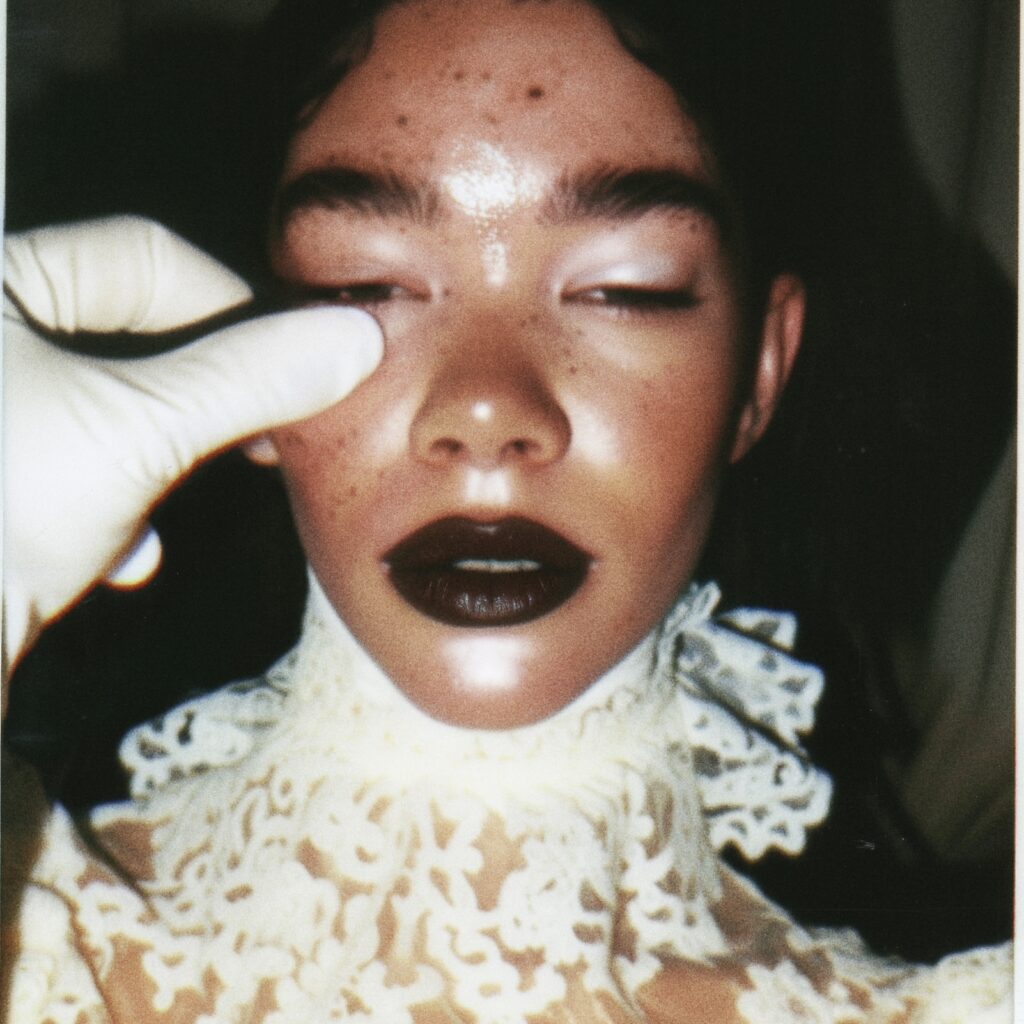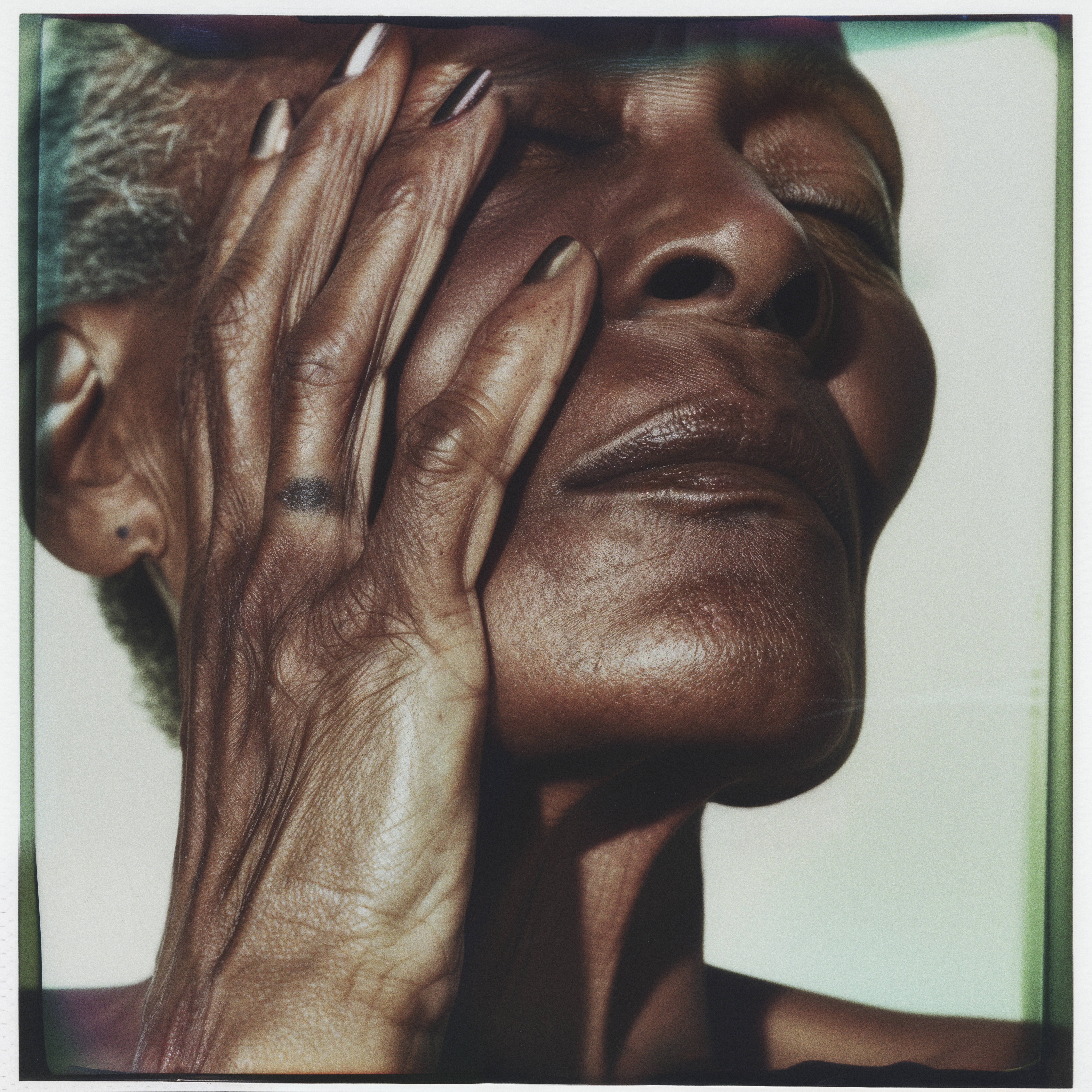Copy Magazine [@TheCopyMagazine] & Absolut [@absolutvodka] team up to challenge biases in AI Fashion
![Copy Magazine [@TheCopyMagazine] & Absolut [@absolutvodka] team up to challenge biases in AI Fashion](https://guap.co/wp-content/uploads/2024/05/9840CD09-74B6-41F7-9B06-010F5E89CBC4-1140x850.jpeg)
written by : Uwati Okojie
At the start of May, Absolut Vodka announced it was teaming up with Copy Lab, an AI- centric creative agency, to release a series of AI-generated images. The images, featuring both in Copy Lab’s AI fashion magazine and on stock image platform Unsplash, have an ambitious goal: to challenge prevailing biases in fashion representation. The partnership seeks to expand AI algorithms’ understanding of diversity within fashion imagery, with both Absolut and Copy Lab committing to “reshaping the narrative surrounding AI bias” and redefining beauty standards in the industry. By effectively ‘reprogramming’ current AI algorithms to produce more representative images, they aim to address longstanding diversity issues in fashion.
Absolut’s focus on addressing the root of existing diversity shortcomings aims to serve as an extension of their decades long track record of championing “diversity, fluidity and inclusivity” and comes as a welcome development in AI, especially given the fashion industry’s historical struggles with diversity and inclusion. Generative AI, in particular, has been mired in criticisms ranging from accusations of eurocentrism, sexism and a general lack of diversity since it became commonplace in mainstream discourse.


These biases are not isolated incidents but are deeply rooted in the industry itself given the notorious lack of diversity in the AI industry. According to a report by the AI Now Institute women make up less than 20% of AI research staff at major companies, and less than 5% identify as Black, Hispanic, or Latinx. This results in bias being engrained as a feedback loop wherein the lack of diversity among employees becomes embedded in the algorithms that generate the outputs we see, perpetuating biased representation.
The ramifications of these biases extend beyond the fashion industry, touching upon broader societal concerns. A global survey conducted by the Institute of Positive Fashion highlighted widespread awareness of the underrepresentation of various communities, including women, the LGBTQ+ community, and those with disabilities. Fashion, as a medium for shaping societal norms, plays a pivotal role in influencing perceptions of identity and beauty.

This raises the much more pervasive ethical consideration that lies underneath these concerns, regarding how AI images in fashion and photography will influence our own self-perception. With up to 90% of images we encounter being AI-generated within a few years, how will this influence the way we engage with our own likeness? In recent years, we’ve seen the profound impact social media has had on self-image through increasing cases of body dysmorphia linked to Augmented Reality (AR) filters, coinciding with a notable surge in social media-influenced cosmetic procedures to achieve an artificially constructed standard of beauty. Even with initiatives intended at diversifying the AI-generated images we’re exposed to; we are still unaware of the psychological impact this will have on future generations who will be tasked with reconciling a growing chasm between real-life and artificial beauty.
AI’s promise of diversity must be scrutinized, especially in light of past instances of misappropriation and commodification of marginalized identities. Instances like Shudu Gram, a digital model criticized for cherry-picking diverse features for mass aims to serve as an extension of their decades long track record of championing “diversity, appeal, underscore the need for a critical examination of AI’s role in perpetuating or challenging existing biases. With the isolation of ethnic features being used for commercial gain, particularly against a backdrop of a startlingly homogenous industry, we risk contributing to the trivialization of minority aesthetics and experiences, further perpetuating harmful stereotypes and erasing the complexities of diverse identities.


However, amid these concerns, initiatives like Absolut and Copy Lab’s collaboration
offer a move in the right direction and showcase
the transformative potential of AI in fashion.
In short, embracing AI-driven diversity is undoubtedly a positive step forward, should complement, not replace, ongoing efforts to invest in diverse talent and foster inclusive business practices. As AI continues to shape our visual landscape, initiatives like the launch of this series highlight the potential for technology to drive meaningful change while promoting diversity and authenticity. Moving forward, it’s essential to both celebrate such initiatives and hold companies accountable for their commitments to inclusivity and genuine representation.




![ZINO VINCI’S ‘FILTHY & DISGUSTING’EP BRINGS YOU TO THE CORE OF THE ARTIST [@ZinoVinci]](https://guap.co/wp-content/uploads/2023/10/Zino-4.jpg)



1 Comment
[…] Read More […]
Comments are closed.